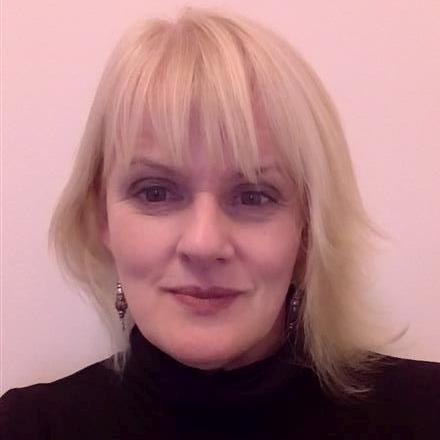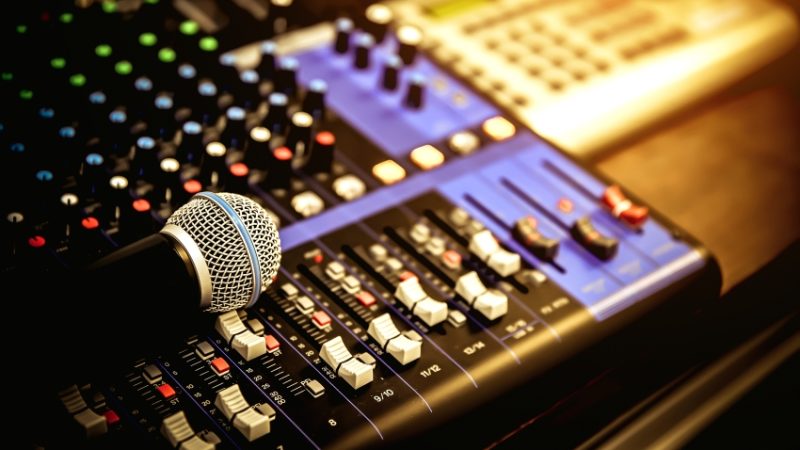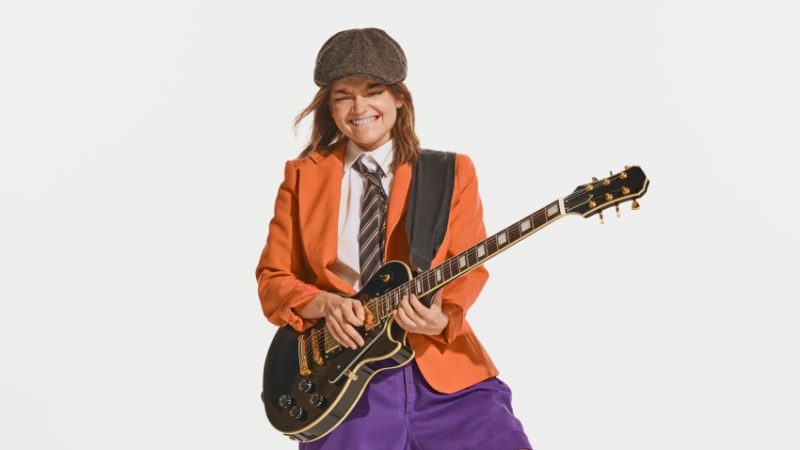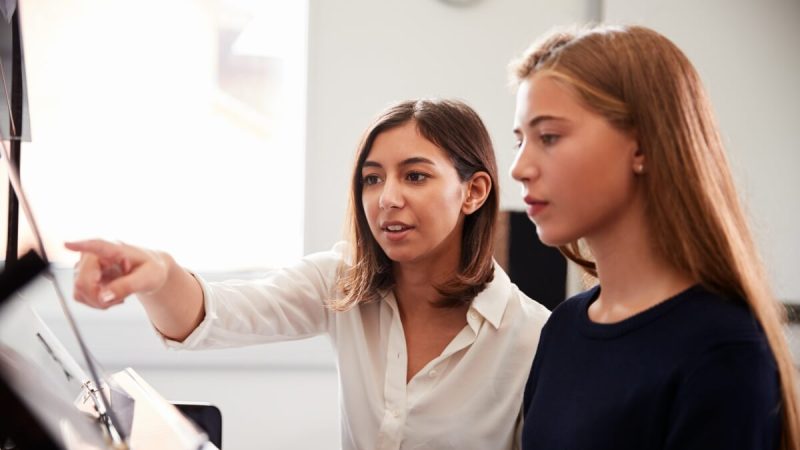GCSE music – How to engage your cohort’s ‘bedroom producers’
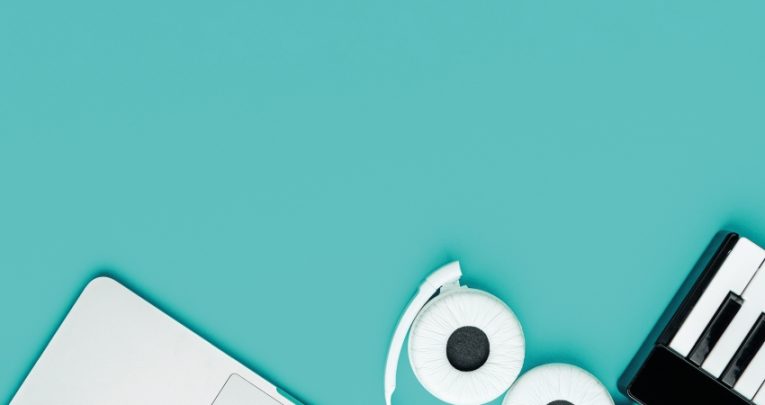
Bedroom music production is an increasingly popular hobby among teens – but how many of them feel encouraged to pursue music at GCSE?
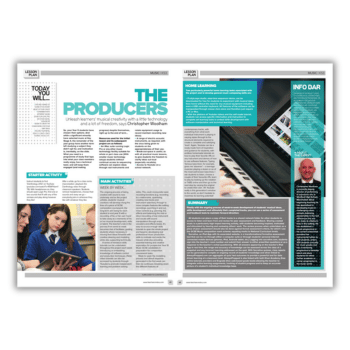
Secondary music departments presently face a perfect storm of challenges. GCSE music entries continue to plummet, A Level music is frequently not offered in schools, and staffing music remains an issue.
Many departments have been reduced to just one full-time teacher and resorted to carousel-style arrangements in terms of their arts provision. GCSE music teachers cite schools’ emphasis on the Ebacc, Progress 8 and STEM as contributing factors in the falling uptake of music.
Another, more fundamental challenge is that many teenagers who are musically active outside of school feel uninspired and alienated from what KS4/5 courses are offering.
Making the connection
In 2019 Youth Music produced the ‘Exchanging Notes’ report, which advocated for a new model of music in schools, focusing on the social and emotional wellbeing of young people.
Arguably more relevant now than ever, it suggested that music education “Has to be reimagined to become more relevant and inclusive of all young people.”
The lockdown-prompted burgeoning of interest in musical tuition, as well as domestic digital performances by both famous names and relative unknowns, is still alive – not least among our secondary school students.
The ‘Exchanging Notes’ report may have predated the pandemic, but one of its key findings concerning teenage amateur music makers still very much applies – “They don’t see the connection between their interest in music and their school music lessons.”
Jayne Barnes, an experienced HOD and head of A Level music centres, has found that musical literacy can be a considerable hurdle when trying recruit these home studio musicians onto GCSE music courses.
“I have come across students who are very musically active outside the classroom. However, they struggle because of their lack of musical literacy,” she says. “Hopefully, teachers will have spotted them earlier on in KS3 music lessons and offered interventions to fill gaps. It’s up to us to reach out with support for transition into KS4 and beyond.
“As experienced teachers, we need to find ways of harnessing that interest in technology outside of what’s offered in the classroom. You can practise lots of KS4 /5 activities and bring in homework recordings. Universal musical features lend themselves to all influences.”
TikTok music trends
Today’s youngest musicians work creatively with digital music from the start. Nathan, a Cambridgshire-based Rock Steady band leader, is well aware of just how switched on his students are.“Students in KS1 and 2 talk about recording and Garageband as part of informal play. I know that primary pupils engage with TikTok music trends. Technology has made more students aware of musical choices, and can really help them develop a good ear.”
It can therefore be disappointing for these students to enter secondary music and find that creative use of music technology is frequently absent from the classroom and even extracurricular activities.
Research published by the LSE in 2020, in an article entitled ‘Connecting and Disconnecting learning between home and school’ concluded that, “Many of the aspirations for using digital technology to connect the domains of home and school remain unfulfilled.”
So what can GCSE music departments do to prompt change? The first step is to establish connections with national and local musical bodies for advice and support. One groundbreaking organisation looking to bridge the gulf between formal music education and young people’s interests is the Camden-based Roundhouse.
In addition to overseeing a working performance venue with a history of iconic rock and pop performances by the likes of the Rolling Stones, Hendrix, Elvis Costello and countless others, it offers a host of schemes and support aimed at secondary-age musicians.
Roundhouse currently works with approximately 7,500 young creatives across London each year through a variety of music, performance and media projects. I asked some staff at Roundhouse about how they perceived the challenge of bringing one’s bedroom studio into curricular music. This is what they told me.
Advice and trends
Do you perceive a disconnect between students’ own musical activities and the demands of studying music?
Traditionally, the curriculum has focused on virtuoso skill and learning orchestral instruments. This work remains important, and is of significant cultural value. However, it doesn’t always allow young people to explore and express their own musical tastes, and create the styles of music they listen to outside of school.
Many of the young people who use our creative studios do so to practise ‘band instruments’, such as drums and guitars. Many more use our spaces to produce their own music via digital platforms and other new technologies.
Trending
What are the latest music tech trends you’re currently seeing young people engage with?
TikTok has had a huge impact on the music industry, particularly in launching the careers of new artists. So many young people now engage with music via the platform. A viral song on TikTok can kickstart someone’s career. It can also lead to an outpouring of further content creation by young people.
AI is something else that young people are using to create music. Although there are some legitimate areas of concern with AI, there is also huge potential.
Are you aware of any of these trends being taken up in curricular music?
We haven’t seen this work being explored in secondary schools yet, but we’d love to hear examples of it happening.
What advice would you give heads of music who feel they’re struggling to keep up with technology – both personally, and with respect to their cash-strapped departments?
We would encourage teachers and heads of departments to reach out to local arts and music organisations. There are so many free and low cost opportunities available for pupils.
Arts organisations are keen to make connections with schools and colleges. They want to share their expertise through workshops, training, long term projects and sometimes free tickets to performances. There are also great resources available online.
What can Roundhouse offer secondary age musicians?
We offer young people the space and equipment to access creative opportunities independently, all at minimal cost, such as £2 an hour for a studio hire. The open access nature means that young people can experiment and build their own creative network. They’re away from the pressures of school or more formal learning environments.
National entries for GCSE music and A level music have fallen considerably. What action would you like to see to help tackle that?
We would love to see creative education valued within the curriculum and given the same weighting as sport, which also has huge emotional and physical benefits for young people.
We’d like to see stronger connections between cultural organisations and local schools and education providers. This is to ensure we’re all providing opportunities and educating young people about careers in the creative industries. After all, these are among the fastest growing in the UK.
Your school’s got talent
As well as making connections with various external organisations, some in-house ways of boosting music uptake could include…
Early showcases
Listen and share examples of home-produced music, starting in Y7. Give the music made by your KS3 composers a platform during the autumn term open evening, or your first parents’ evening of the academic year.
Include ‘Listening Links’ in your newsletters
Look into adding a download link to a student-composed track in a forthcoming newsletter. Depending on the level of interest among your students and school community, could this become a regular item?
‘Fusion’ projects
Create opportunities for pairing or grouping your acoustic instrumentalists with digital creatives on joint projects.
Assembly playlists
Set aside time for playing back student-created tracks during assemblies or in form time.
Musical awards
Include a ‘digital music’ category in any musical awards you might be running.
Helen Tierney has run music departments in comprehensive schools for over 25 years. She was an advanced skills teacher for secondary music in Barnet. Helen now works freelance in music teaching, examining and dementia work. Her book, Music Cover Lessons, is available now (Rhinegold Education, £39.99). Download a music production Year 9 lesson plan.

